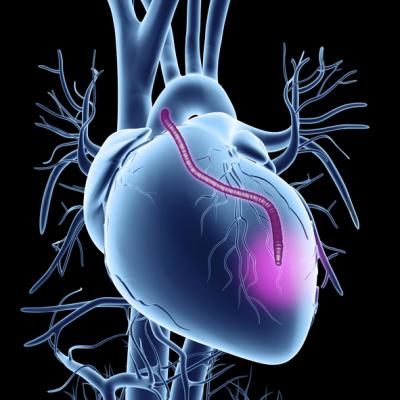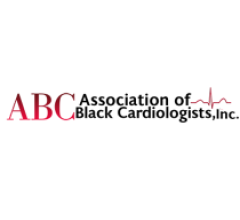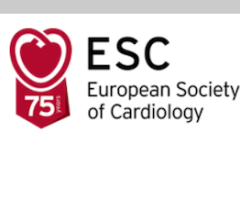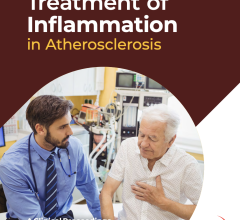
Getty Images
January 29, 2024 — A new study presented at The Society of Thoracic Surgeons’ 2024 Annual Meeting in San Antonio, Texas, examines the ongoing controversy surrounding the choice between multi-arterial grafting (MAG) and single arterial grafting (SAG) in coronary artery bypass grafting (CABG) for multivessel coronary revascularization.
The research, spanning from 2008 to 2019 and involving over one million patients undergoing isolated CABG with more than two bypass grafts, found that multi-arterial grafting CABG is associated with superior long-term survival compared to single arterial grafting, establishing it as the preferred surgical strategy for multivessel revascularization.
“Multiple small studies have demonstrated a survival benefit of multi-arterial grafting. We wanted to know if this survival benefit of multi-arterial grafting observed in single-center studies would translate to a large national cohort,” said the study’s lead author, Joseph Sabik III, MD, University Hospitals. “Using the STS Adult Cardiac Surgery Database, we were able to demonstrate that it does.”
At 10 years, MAG demonstrated improved unadjusted (HR 0.59, 95% CI 0.58-0.61) and adjusted (HR 0.86, 95% CI 0.85-0.88) survival rates compared to SAG. A center volume of 10 or more MAG cases per year was associated with survival benefits.
MAG’s survival advantage over SAG was found in various subgroups, including stable coronary disease, acute coronary syndrome, and acute infarction. Notably, MAG showed superior survival for patients with a BMI less than 40, whereas patients with a BMI of 40 or higher had superior survival with SAG. Survival outcomes were equivalent between MAG and SAG for patients aged 80 years or older, and those with severe heart failure, renal failure, peripheral vascular disease, or obesity.
Patient data was collected from the STS Adult Cardiac Surgery Database and linked to the National Death Index for comprehensive longitudinal survival analysis. Risk-adjustment measures, including inverse probability weighting and multivariable modeling, were implemented to ensure accurate comparisons.
These findings have significant implications for clinicians and cardiac surgeons when deciding on the most appropriate multivessel revascularization approach.
“The survival benefit of multi-arterial grafting was observed in nearly all patients, except in those 80 or older and in those with co-morbidities graded as severe, where multi and single-arterial grafting resulted in similar survival. The only patients where single arterial grafting resulted in better survival were severely obese,” said Dr. Sabik.
This research not only contributes valuable insights to the ongoing debate but also provides evidence-based guidance for healthcare professionals in optimizing patient outcomes during CABG procedures.
For more information: https://www.sts.org/


 February 04, 2026
February 04, 2026 









